Assessment – Time for a rethink?
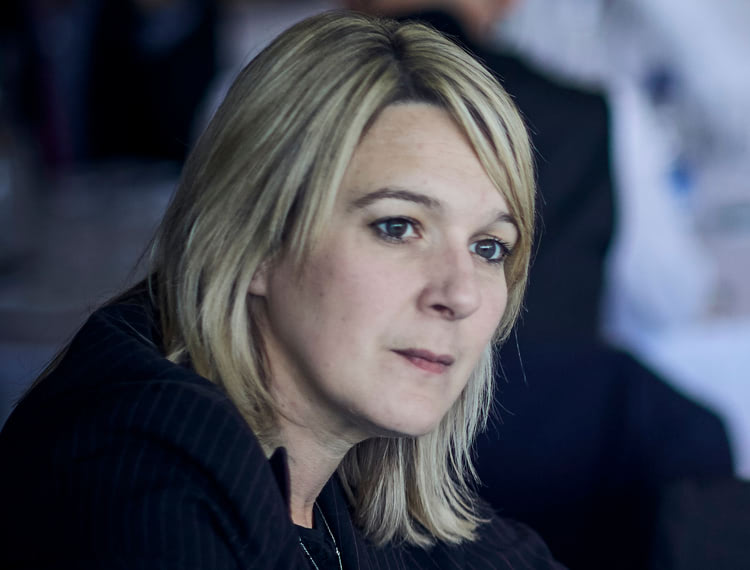
The cancellation of GCSEs and A-Levels for a second year running has increased the pressure on the UK government to re-evaluate its approach to assessment.
For all its challenges, Covid offers a once-in-a-generation opportunity to implement change. Worldwide, countries are adopting new strategies, yet the UK lags behind.
That’s why a coalition of schools, business leaders and education professionals – including Edge – came together last year to form Rethinking Assessment.
Edge recently hosted an event with key members of the movement.
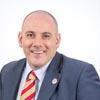
Chaired by Sian Griffiths, Education Editor at The Sunday Times, we welcomed speeches from Robert Halfon MP (Chair, Education Select Committee) and Professor Bill Lucas (Centre for Real-World Learning, University of Winchester).
Robert Halfon opened with his vision for the future of assessment, highlighting that parents, teachers, employers and students all want a debate on the issue.
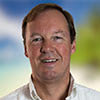 Bill Lucas then took us on a world tour of novel assessment approaches.
Bill Lucas then took us on a world tour of novel assessment approaches.
He highlighted the Mastery Transcript Consortium, a coalition of 370 schools that use digital certified school records in place of standardised testing. These transcripts move away from the idea of grades, instead measuring pupils’ holistic learning experiences, strengths, abilities and interests.
Some other approaches that Bill highlighted included project-based learning, digital portfolios, a focus on oracy skills and school-developed alternatives to GSCEs. These techniques – though diverse – are all underpinned by rigorous measurement frameworks.
Bill has supported Australian authorities in producing just such a framework to measure critical and creative thinking. This is similar to the UK’s Skills Builder Partnership. Ultimately, Bill explained, Rethinking Assessment is open to any new assessment approaches that might be adapted to a UK context.
Following these examples, our panel took things further.
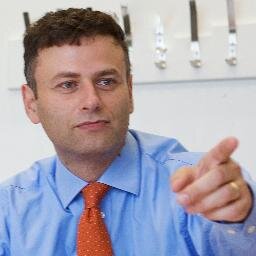 Peter Hyman (Co-Director, Big Education) asked: What is the purpose of education?
Peter Hyman (Co-Director, Big Education) asked: What is the purpose of education?
His vision encompasses ‘head, heart and hand’ (academic knowledge, personality traits and problem-solving).
To cultivate these, he said, we must assess more broadly than we currently do. England is an outlier in finding this idea controversial. Globally – but also as close to home as Scotland, Wales and Northern Ireland – there is much more open-mindedness to what we assess and how.
Already, Rethinking Assessment is tackling the thorny issue of which qualities are important and how we might effectively measure them.
 Christine Gilbert (former HMCI, Ofsted) felt that while exams are important, they have become all-consuming.
Christine Gilbert (former HMCI, Ofsted) felt that while exams are important, they have become all-consuming.
She said that the bigger question is: what are we preparing children for? How can we create a generation of ‘changemakers’ who can positively shape their communities and society at large? While the answer may be elusive, exams alone are not the solution. Emotional well-being is also an important factor when it comes to assessment, she said. Current evidence shows that children are unhappy. And while league tables and Ofsted reports were originally intended to give parents oversight, they’ve become a stranglehold. We need broader measures of achievement for both schools and pupils, Crucially, she concluded, parents and children must be involved in any conversations about assessment.
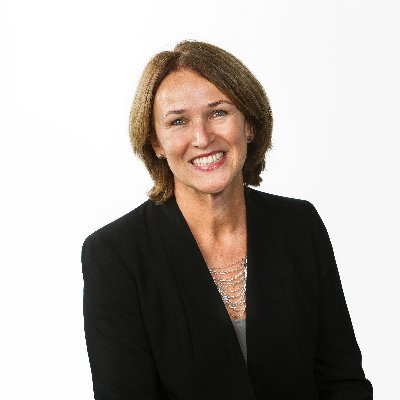 Finally, Rachel McFarlane (Director of Education Services, Herts for Learning) championed a system that would extend the Early Years approach (where every child has an adult who tracks and records their skills and knowledge).
Finally, Rachel McFarlane (Director of Education Services, Herts for Learning) championed a system that would extend the Early Years approach (where every child has an adult who tracks and records their skills and knowledge).
In her view, primary school learners would have a mentor to help develop a portfolio of achievements. This could include practical and academic knowledge, skills and competences, tracked through various media: images, videos and the written word. It should aim to incorporate group work and individual achievements, both in and out of school. Mentors could support learners in choosing when (and how) they are assessed. While standardised testing would play a role, the emphasis should be on demonstrating accomplishments. By secondary school, pupils would then be capable of taking responsibility for their own learning, producing a broad portfolio that pursues a range of personal and potential career interests. While this vision is a way off, she acknowledged, her ultimate desire is to see students driving their own learning.
For my part, as Chief Executive of Edge, I think it’s important to note – as did several of our panellists – that employers increasingly want skills and behaviours over qualifications. Acquisition of knowledge and joy of learning are important, but education must also prepare young people for the world of work.
Ultimately, we need a system that develops the life skills and behaviours needed to create well-rounded, adaptable individuals who can thrive in the 21st century.
Let’s upend the false dichotomy of ‘practical’ versus ‘academic’ and create a broad, balanced curriculum that delivers for all.
Coronavirus offers an opportunity to think about what’s possible, rather than what isn’t, and Edge is very excited to ignite this debate.
After all, if not now, when?
Alice Barnard is Chief Executive of the Edge Foundation, a founding partner of Rethinking Assessment











Responses